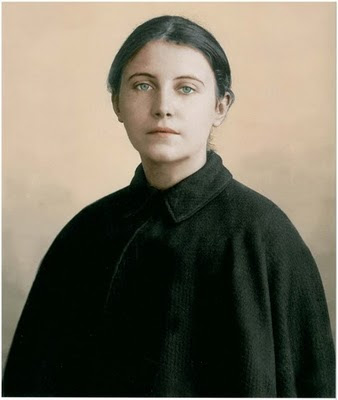(LifeSiteNews.com) – While euthanasia remains illegal in Australia, the country is a centre of international lobbying work to legalize the practice, and now the cardinal archbishop of Sydney, the leader of the Catholic Church in Australia, is calling for citizens, especially Catholics, to strenuously oppose it.
In the bluntest possible terms, Cardinal Pell said in an open letter, “We might shoot a dying dog, but no human, no matter how old or sick, is just an animal. It is wrong to kill innocent human life.”
While traditional moral values have remained strong in Australia, Pell warns that there are signs of a shift in attitudes towards secularization and moral relativism. There is “considerable confusion and blind spots; for example, on abortion and human cloning.”
“Many young Australians,” he said, “are moral relativists at least in matters of sexuality and questions of life and death.”
But, he says, there are fundamental moral truths that anyone can discover through the use of reason, “truths which are embodied in the natural law and confirmed by Christ himself and the Ten Commandments.
“You shall not kill. You shall not destroy innocent human life. Every human being has a right to life.”
The cardinal goes on to ask, “what is euthanasia?” But while euthanasia campaigners shy away from the blunt reality, focusing on suffering, he responds, “Euthanasia means killing someone… usually one who is weak and vulnerable because of illness or disability.”
Countering the common claim that euthanasia is “death with dignity,” Pell says that nothing, not even the challenges presented by serious illness, can take away a person’s dignity.
“Dying with dignity means accepting the human condition and the love and support of others, as we wait for death to come naturally,” he continued.
Far from safeguarding human dignity, euthanasia reduces people to being “disposable, burdens, too expensive to keep,” he says.
He pointed out that both disabled people and indigenous Australians, two groups of people who often suffer marginalization in Australian society, vigorously oppose euthanasia and assisted suicide.
Pell admits that the challenges faced by people with terminal illnesses, and by their families, are often “very hard,” but observes that the Christian faith, with its emphasis on the redemptive value of suffering, can offer answers that secularism cannot.
At the beginning of the Christian era, he says, “Christian care for the sick, especially those who had no one to care for them, was an innovation. The pagan attitude to suffering was to deny, avoid, and eliminate it.”
Christians, he said, follow three essential principles when it comes to facing suffering and illness: “life has special value because it is created by God as a gift to each of us; we are called to do only what is good; and we are not permitted to do wrong, even if we intend good to come from it.”
Pell also addresses the increasing confusion between active or passive euthanasia and good palliative care practices, observing that it is not euthanasia to alleviate the pain suffered by an ill person using means that may unintentionally shorten the patient’s life, or to discontinue life support if it has “become useless or too much to bear.”
The crucial point, he says, is the intention. The death of the patient cannot be willed, “only foreseen and tolerated as inevitable.”
One of the most effective international lobby groups, Exit International, was founded by Australian suicide and euthanasia campaigner, Dr. Philip Nitschke, who travels the world promoting euthanasia as far afield as Ireland. While Australian governments have thus far resisted efforts to legalize euthanasia or assisted suicide, the pressure continues both in legislatures and in the media to sway public opinion.
Assisted suicide was legalized briefly in the Northern Territories in Australia in 1995, but was overturned by the federal government nine months later.
As in other countries, including the US, Canada, Britain and Italy, activists have turned to the courts to further their work. Last year, Christian Rossiter, a Perth man who lost the use of his arms and legs, succumbed to a chest infection after refusing treatment. Five weeks before, a court had granted him permission to refuse food and water as a means of committing suicide.



